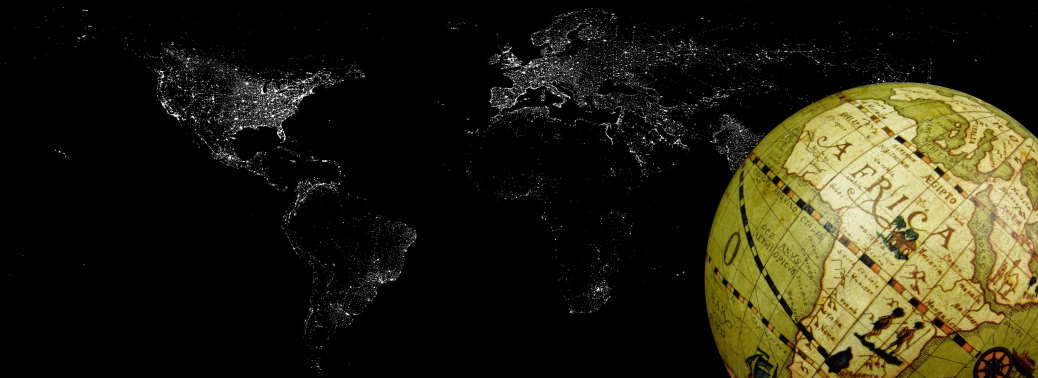“…the Orient has helped to define Europe (or the West) as its contrasting image, idea, personality, experience.” – Edward Said, Orientalism
Reading John Storey’s section on Orientalism in In Cultural Theory and Popular Culture called to mind Kenyan author Binyavanga Wainaina’s very tongue-in-cheek piece, “How to Write About Africa”. This essay emphasizes the ubiquity of certain images and ideas in fiction and reportage set in or involving Africa that serve to paint it as “other”.
“Never have a picture of a well-adjusted African on the cover of your book, or in it, unless that African has won the Nobel Prize. An AK-47, prominent ribs, naked breasts: use these.”
Though an example of the Global South rather than the traditional “East”, this example involves the same process of “othering” that characterizes Orientalism. The types of writing to which Wainaina is alluding allow Western readers to construct themselves in relation to “Africa”, in a way that often allows them to imagine themselves in a position of relative superiority.
The fact that the figures of the “The Ancient Wise Man” or “The Starving African” Wainaina describes are familiar to me from books and films and the news media suggests their pervasiveness. That these images are stereotypes is problematic enough, but there is danger particularly in the fact that the Western consumer is permitted, even encouraged, to revel in the sense of “otherness” they evoke to the degree that we have the potential to fetishize certain troubling images.
However, even when the images are not objectively negative, the fact that they exist as tropes to begin with evidences and perpetuates the process of othering. For example, Wainana satirizes the essentialization of Africa:
“Don’t get bogged down with precise descriptions. Africa is big: fifty-four countries, 900 million people who are too busy starving and dying and warring and emigrating to read your book. The continent is full of deserts, jungles, highlands, savannahs and many other things, but your reader doesn’t care about all that, so keep your descriptions romantic and evocative and unparticular.”
This tendency to forgo imagining complexly and in favour of treating the “other” as a vague monolithic entity is an attribute of Orientalism, one which, in the case of Africa, manifests beyond specific cultural products in the tendency within the general Western context to treat the entire African continent as if it were a single, homogenous country.
According to the Orientalist framework, this version of Africa is created by the West and acts as a tool of superior-self-identity formation for the West. Worryingly, though, the West as fabricator might just believe its own fabrication.
